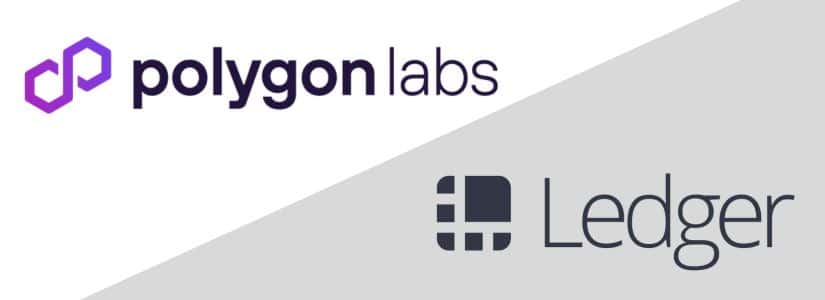Polygon Labs, a software development company that created the Ethereum layer-2 scaling solution Polygon and other blockchain infrastructure solutions, has urged the European Union (EU) lawmakers to revise Article 30 of the Data Act.
The company believes that the article should be revised to ensure it accounts for the ways in which smart contracts operate and the potential negative consequences of imposing a requirement for “safe termination or interruption” of such smart contracts in permissionless systems.
Moreover, Polygon Labs seeks to ensure the growth and responsible development of permissionless blockchain-based systems globally. They also suggest that the regulators should make those revisions to ensure the final text reflects the EU’s objectives for this provision.
This is to ensure that the new law does not inadvertently capture the open, transparent, and permissionless parts of emerging blockchain technology.
Polygon Labs Wants More Clarification on the Act
Article 30 of the Data Act has certain language that broadens its scope so widely that it could have the unintended effect of prohibiting permissionless, autonomous smart contracts and the applications based on them. And it would substantially inhibit innovation and economic growth in the EU, in direct contravention of the intention behind the EU’s Markets in Cryptoassets Regulation (“MiCA”).
This is due to the clause in the preamble to Art. 30 that states,
“The party offering smart contracts in the context of an agreement to make data available.”
Without a more precise definition of both “the party offering” and “an agreement to make data available,” Art. 30’s preamble will inadvertently capture a significant number of smart contracts, many of which have no “party offering” them and will not have the ability to comply with the requirements in Art. 30.
What Polygon Labs is seeking is to ensure that software developers, both in the EU and abroad, can continue to innovate with smart contracts.

Polygon Labs is, therefore, calling on EU lawmakers to take a second look at the language of Art. 30 to ensure that it accounts for the ways in which smart contracts operate. This would ensure that software developers can continue to build with smart contracts and that the EU remains at the forefront of the blockchain industry.
Ledger Joins Hands
Meanwhile, global hardware crypto wallet manufacturer Ledger is also in support of Polygon Lab’s proposed Article 30 adjustments, Polygon Chief Policy Officer Rebecca Rettig said on Twitter.
1/ 🚨Today @0xPolygonLabs published an open letter to the EU on Art. 30 of the #DataAct, which could have serious consequences for permissionless smart contracts. @Ledger has joined in proposing amendments to narrow Art. 30 to protect decentralized software development. Read 👇 pic.twitter.com/AZHGCm14sQ
— Rebecca Rettig (@RebeccaRettig1) April 17, 2023
“We will continue to engage constructively with policymakers and regulators in the EU (and beyond) to ensure that any regulation is evergreen, can grow with the innovation, & also build sufficient guardrails for users of blockchain-based software,” Rebecca Rettig maintained.
The blockchain industry is rapidly evolving, and it is crucial for lawmakers to keep up with the technology’s advancements. By doing so, they can create a comprehensive regulatory framework that fosters innovation while also protecting consumers and investors.
 crypto-economy.com
crypto-economy.com
